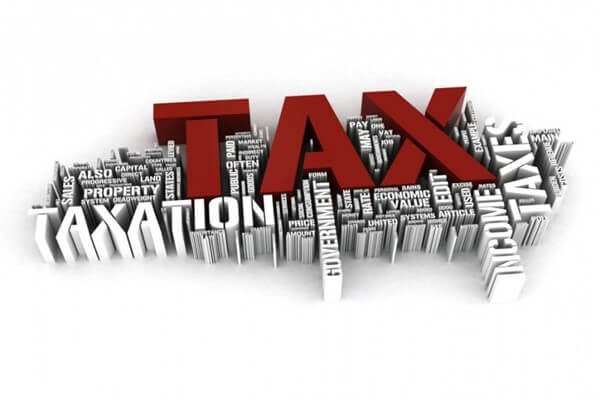The Ghana Revenue Authority (GRA) introduced the Modified Taxation Scheme on July 1, 2025, aiming to streamline tax collection, particularly within the informal sector. The scheme categorizes businesses based on their annual turnover and applies different tax rates accordingly. However, the scheme’s introduction has sparked debate, particularly regarding the GH¢20,000 threshold for the 3% flat tax rate. Tax experts argue that this threshold is too low and places an undue burden on micro-enterprises, potentially discouraging compliance and hindering their growth. They advocate for an upward revision of this threshold to exempt the smallest businesses from this tax bracket. While acknowledging the need to expand the tax base, these experts stress the importance of striking a balance that supports the growth of small businesses.
The Modified Taxation Scheme features a tiered system designed to capture various levels of business activity. Businesses with an annual turnover below GH¢20,000 are required to pay a fixed quarterly tax of up to GH¢45. Those within the GH¢20,000 to GH¢500,000 bracket are subject to a 3% flat tax rate on their total annual sales. Larger businesses, with turnover exceeding GH¢500,000, fall under a graduated tax system, allowing deductions for business expenses. This tiered approach aims to create a more equitable tax system, tailoring tax obligations to the size and income of businesses.
Tax analyst Francis Timore Boi, while supporting the overall objective of broadening the tax base, expressed concerns about the specific threshold for the 3% flat tax. He argues that a GH¢20,000 threshold subjects very small businesses to a tax burden disproportionate to their earnings. He illustrated this point by highlighting that 3% of GH¢20,000 translates to just GH¢600 annually, a negligible amount in terms of revenue generation but potentially a significant burden for micro-enterprises. Raising the threshold, he suggests, would alleviate the pressure on these small businesses, fostering a more conducive environment for their growth and promoting compliance with tax regulations.
Mr. Timore Boi further emphasized the potential benefits of a broader tax base, arguing that it could pave the way for lower tax rates overall. He reasoned that by bringing more businesses into the tax net, the government could reduce its reliance on higher rates and consumption taxes. This, he believes, would create a more sustainable and equitable tax system. However, he expressed reservations about the timing of the policy’s implementation, noting that with only six months remaining in the year, many businesses, especially those new to the tax system, might struggle to adapt. He suggests that introducing such significant policy changes at the beginning of a calendar year would allow businesses adequate time to prepare and adjust.
Beyond the threshold and timing concerns, Mr. Timore Boi highlighted the critical role of public education in ensuring the success of the new scheme. He stressed the need for sustained public awareness campaigns to explain the scheme’s mechanics, its benefits, and the methods of compliance. He believes that adequate sensitization would not only foster understanding but also encourage voluntary compliance among businesses, contributing significantly to the scheme’s effectiveness. He advocated for a comprehensive approach to public engagement, ensuring that information reaches all relevant stakeholders, particularly small businesses entering the tax system for the first time.
The GRA has made efforts to facilitate registration and payment under the Modified Taxation Scheme. Businesses can register at any GRA office or conveniently through the GRA mobile app. Payment options include mobile money, the USSD code *222#, and designated banks. These options aim to make compliance easier and more accessible for businesses. While the scheme’s intentions are laudable, its success hinges on effective implementation and the level of public engagement achieved. Analysts agree that consistent communication, clear guidelines, and accessible support for businesses are crucial for realizing the scheme’s potential to broaden the tax base and contribute to a more robust and equitable tax system in Ghana.


